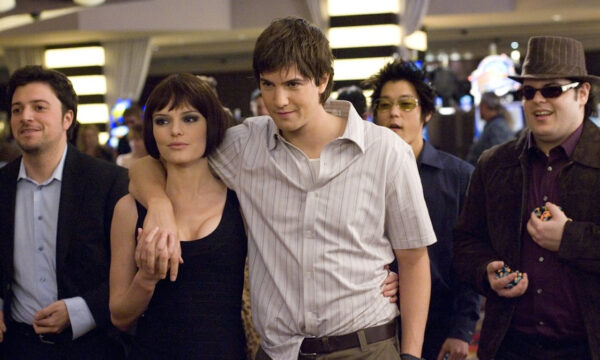Web hate: Cyber-bullying a major issue in Australia

Australia is facing devastating statistics that it is at the top of the list for cyber-bullying. The report from the Ipsos Social Research Institute, which is carried out in 24 different countries, states Australia is fifth in the world for cyber-bullying, however comes up first in the list for cyber-bullying via social networking sites, such as Facebook or Twitter. Statistics reveal that 87% of Australian parents say that their children, or children within their community, have experienced some form of harassment on social networking sites. The report shows that most Australians believe that chat rooms are the biggest threat their children face, but after only ranking 22nd, their focus has been forced to shift. This new information has compelled the country to act on this rising problem.
Cyber-bullying is a problem affecting children all over the world. It has become far more prominent, particularly because of the rise of social networking. Fifteen years ago this problem was virtually unheard of; but now, with the growing number of people joining these sites, it is becoming part of everyday culture – online bullying is on the increase.
It is presented in many forms: these can be via text and social network messaging; emails circulating photos intentionally to hurt, spreading rumours, stealing passwords to get into accounts and change information as well as setting up fake profiles in victims names. The perpetrators generally do not think about the repercussions of their actions, leaving their victim feeling hopeless, alone and trapped. Often a victim will feel humiliated and unsafe, even in their own bedrooms. There are big problems that a target victim faces when being cyber-bullied as the perpetrator relishes the large audience who witnesses what is being posted and therefore encounters even more bullying and ganging up on the victim. The content is also usually very difficult to remove once it is online as it can be shared and easily found using search engines. The victim will find it extremely hard to escape from as the cyber world runs 24 hours relentlessly.
The rise of cyber-bullying usually starts from the classroom and ends in a victim’s bedroom, giving away a child’s safety and security. After six hours of being tormented in the playground, some children dread coming home to be mercilessly harassed online. Many say, you should block them, or stop visit social networking sites, but in a world where everyone relies on modern technologies for many forms of communications, it is very difficult. A child should be able to go onto these sites to communicate with their friends without the constant sickening dread that someone is going to bully them. These cyber bullies are causing children chronic anxiety, depression, fear, withdrawal from school, self-harm and in the worst cases, suicide. The “harmless bit of fun” these bullies think that they are boasting about are having absolutely devastating effects on people.
In January this year, Australian schoolgirl Sheniz Erken, walked in front of a train and killed herself after being harassed constantly on Facebook. Her profile was continuously hacked with hurtful messages and was sent to other people to further witness the humiliation. The schoolgirl kept this secret from her family leaving them in ruins. Even after her tragic suicide, a week before her 15th birthday, her tormenters continued leaving vicious messages commenting about her beauty on various tribute sites including YouTube. Following this tragic trend, a month later 17-year-old Australian schoolgirl, Catherine Bernard fell into depression after being bullied at school and cyber-bullied when she returned home. On her first day back at school, she had threatening comments posted on her Facebook wall, where she was bullied throughout her school day. She returned home and told her father who vowed to deal with the problem, however that evening she could no longer bear the continuous torments and killed herself.
These are some of the heartbreaking stories of cyber-bullying, not just in Australia but all over the world. The best thing we can do is bring awareness of the issue, to try and encourage other victims to speak out.
Kiri Gordon






















Facebook
Twitter
Instagram
YouTube
RSS